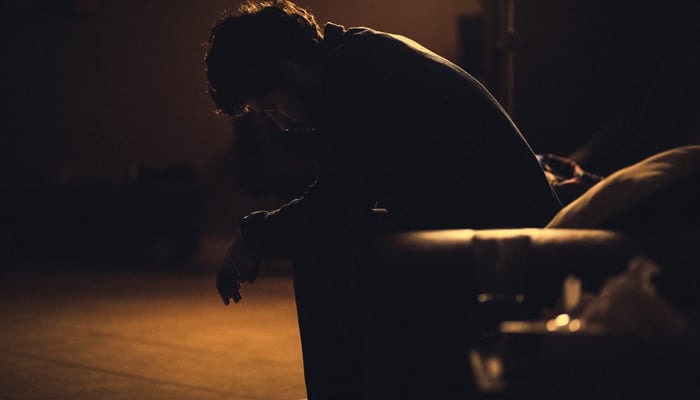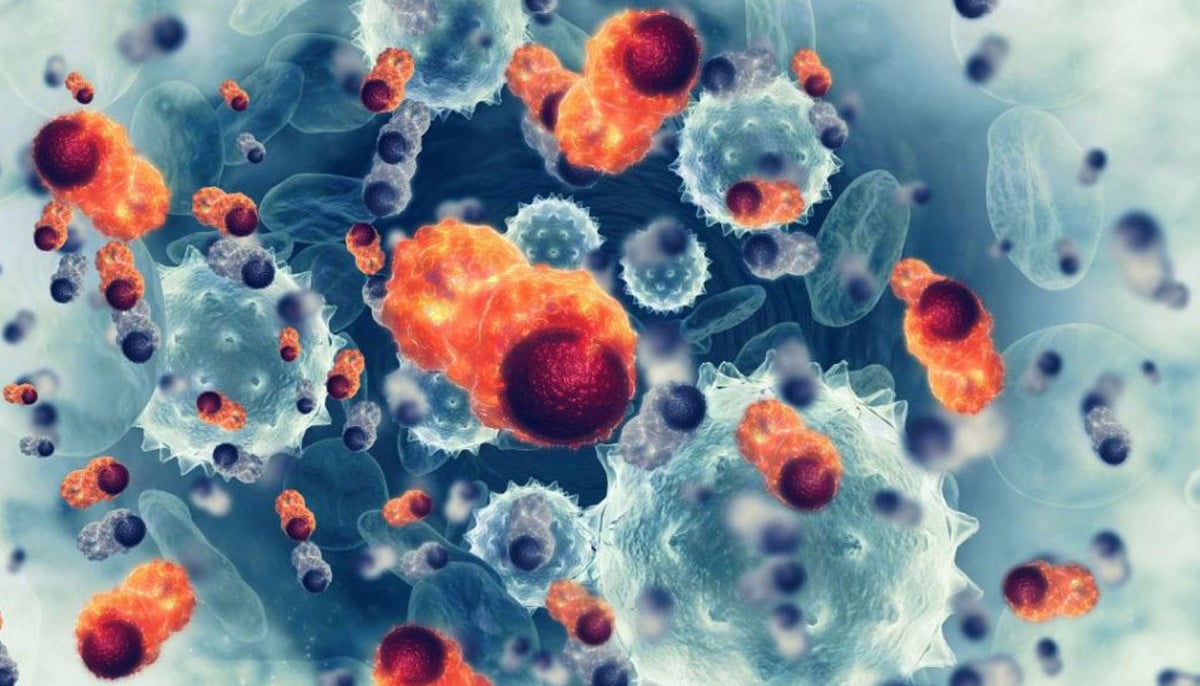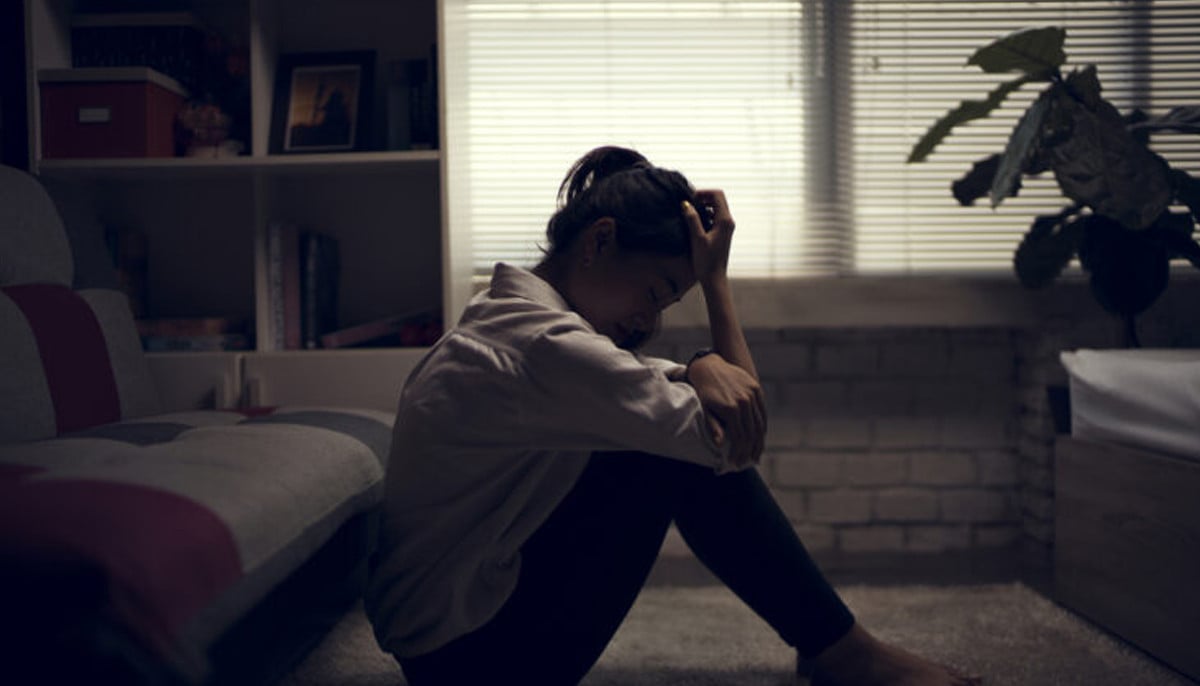Are you feeling low? You may have this condition
National Alliance on Mental Illness maintained that at least 10% of people experience it in summer
Summer is the best season to enjoy for most people as they are in full energy enjoying and partying on beaches and socialising. But it may have a different impact on other people as they don't feel like going or have no energy for hanging out with others.
Some people may feel very low, loss of appetite, weight loss or even have trouble sleeping at night.
This condition is called seasonal affective disorder (SAD) which affects the majority of people in winter seasons due to less exposure to the sun and so on.
National Alliance on Mental Illness maintained that at least 10% of people experience it in summer.
According to Marie Claire UK, there has been an 80% increase in searches for "reverse seasonal affective disorder" last year and a 450 per cent increase in "summer depression" in the past three months,
“I think more people are becoming aware that there is a summer version of SAD,” Professor Margareta James, founder of the Harley Street Wellbeing Clinic and a psychologist, told The Sun.
What is seasonal affective disorder?
Seasonal affective disorder or SAD is a type of depression that comes and goes in a seasonal pattern, according to NHS. It normally occurs in winter.
What causes SAD is not clear however, it is generally thought that a reduced exposure to sunlight in the winter may be important.
It may result in less production of the hormones melatonin, crucial for sleep, and serotonin, also called "happy hormone".
The changing of sunlight may also contribute to the transformation in the body clock which can throw off various bodily functions such as appetite and mood.
Professor James said: "The abundance of light shuts off our melatonin production, which is needed to fall asleep. If there is too much light in your bedroom, or if you're out late and then light wakes you up early, your sleep/wake cycle gets messed up, and then it's harder to regulate mood."
Despite this, there may be some other factors that may cause a low mood in the summer such as financial condition, lack of quiet time etc.
"The pressure to socialise in the summer months can have an effect on mood while pushing yourself to do so can make it worse," Professor James said.
"We have a tendency to say yes to everything and every weekend can be busy," she said.
What are the symptoms of SAD?
The NHS said: “The symptoms of seasonal affective disorder (SAD) are similar to those of normal depression, but they occur repetitively at a particular time of year.”
The symptoms usually include a low mood, tearfulness and a feeling of despair. It may also include social withdrawal or losing interest in daily activities.
In summer, a person with the condition may lose their appetite, eat less and lose weight, the opposite of what occurs in winter.
What to do about SAD?
Prof James said being conscious of light exposure is also important for summer SAD, for example limiting exposure in the evenings where possible.
There may be some measures to cope with the condition such as:
- Improving sleep, such as by drawing the curtains when it’s still light
- Using air-con or cold showers to help regulate heat and reduce irritability
- Reduce stress
- Eat a healthy diet
- Planning your social life to include time off
-
All you need to know guide to rosacea
-
Prevent cancer with these simple lifestyle changes
-
Experts reveal keto diet as key to treating depression
-
Skipping breakfast? Here are some reasons why you shouldn't
-
Sciences reveals shocking body response against heart attack
-
Anti-inflammatory teas to keep your gut balanced
-
Emma Stone reveals she is ‘too afraid’ of her ‘own mental health’
-
5 simple rules to follow for smooth, healthy hair












